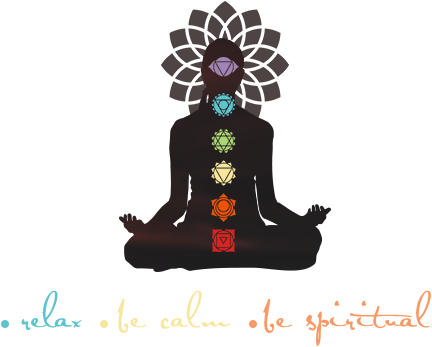Ancient Ayurveda
 Ancient Ayurveda is a traditional holistic healing system that originated in India over 5,000 years ago. It is one of the world’s oldest medical systems and continues to be practiced today, both in its traditional form and as an alternative medicine approach in many parts of the world. Ayurveda, which translates to “science of life,” emphasizes the interconnectedness of the body, mind, and spirit and provides a comprehensive framework for achieving balance and promoting optimal health. Rooted in ancient wisdom and natural principles, Ayurveda offers a profound understanding of the human body and provides personalized recommendations for diet, lifestyle, herbal remedies, and therapeutic practices to restore and maintain well-being.
Ancient Ayurveda is a traditional holistic healing system that originated in India over 5,000 years ago. It is one of the world’s oldest medical systems and continues to be practiced today, both in its traditional form and as an alternative medicine approach in many parts of the world. Ayurveda, which translates to “science of life,” emphasizes the interconnectedness of the body, mind, and spirit and provides a comprehensive framework for achieving balance and promoting optimal health. Rooted in ancient wisdom and natural principles, Ayurveda offers a profound understanding of the human body and provides personalized recommendations for diet, lifestyle, herbal remedies, and therapeutic practices to restore and maintain well-being.
Ayurveda is based on the science that each individual is a unique combination of elements and energies known as doshas: Vata (air and space), Pitta (fire and water), and Kapha (earth and water). These doshas govern various functions and characteristics within the body and mind, and their balance is essential for health. Ayurvedic practitioners assess an individual’s doshic constitution, which is determined at birth, and consider factors such as physical and mental attributes, personality traits, and environmental influences to create a personalized treatment plan.
The core principles of Ayurveda revolve around the idea that the human body is a microcosm of the universe, and its health depends on the harmonious interaction of the five elements: ether, air, fire, water, and earth. Illness and imbalances occur when there is a disruption in the equilibrium of these elements. Ayurvedic treatments aim to restore balance by addressing the root cause of the imbalance rather than merely alleviating symptoms.
Ayurvedic diagnostics involve a comprehensive assessment of an individual’s health through observation, inquiry, and physical examination. Practitioners evaluate various aspects, including pulse diagnosis (Nadi Pariksha), tongue examination, examination of the eyes, skin, nails, and assessment of bodily wastes. This holistic approach allows practitioners to gain insights into the individual’s constitution, current imbalances, and potential risks, enabling them to tailor treatments accordingly.
Treatment in Ayurveda encompasses a wide range of modalities, including herbal medicine, dietary and lifestyle modifications, detoxification practices (Panchakarma), yoga and meditation, Ayurvedic massage (Abhyanga), and energy balancing techniques. Ayurvedic herbs and formulations derived from plants, minerals, and animal products are used to promote healing, strengthen the body’s natural defenses, and restore balance to the doshas.
Ayurveda recognizes that each person is unique, and what works for one individual may not be suitable for another. Therefore, treatments are personalized based on an individual’s constitution, imbalances, and specific health concerns. The focus is on preventing illness and promoting longevity by maintaining a healthy lifestyle, following seasonal routines, and cultivating emotional and mental well-being.
Ancient Ayurveda offers a comprehensive and integrated approach to health and wellness, considering the individual as a whole rather than focusing solely on symptoms or specific ailments. It encourages individuals to take an active role in their well-being, promoting self-awareness and self-care. With its holistic principles and time-tested practices, Ayurveda continues to provide a valuable framework for achieving balance, harmony, and optimal health in the modern world.


